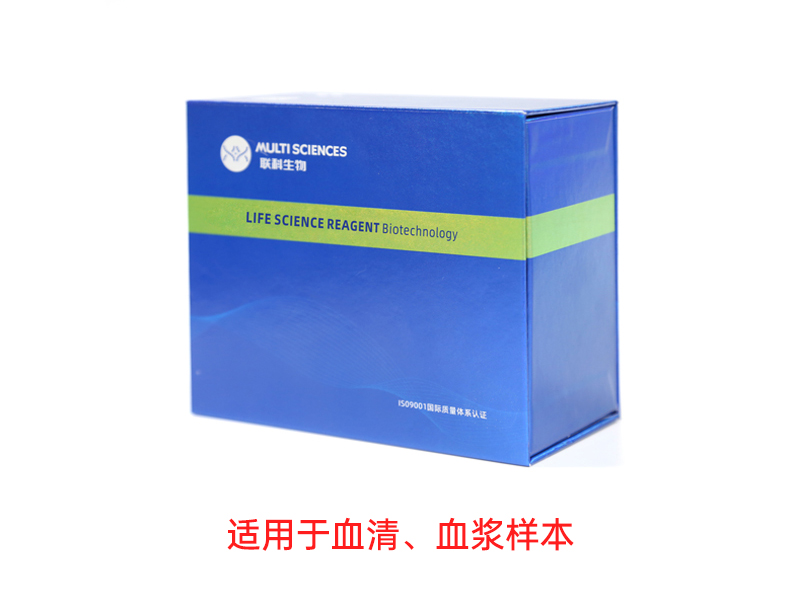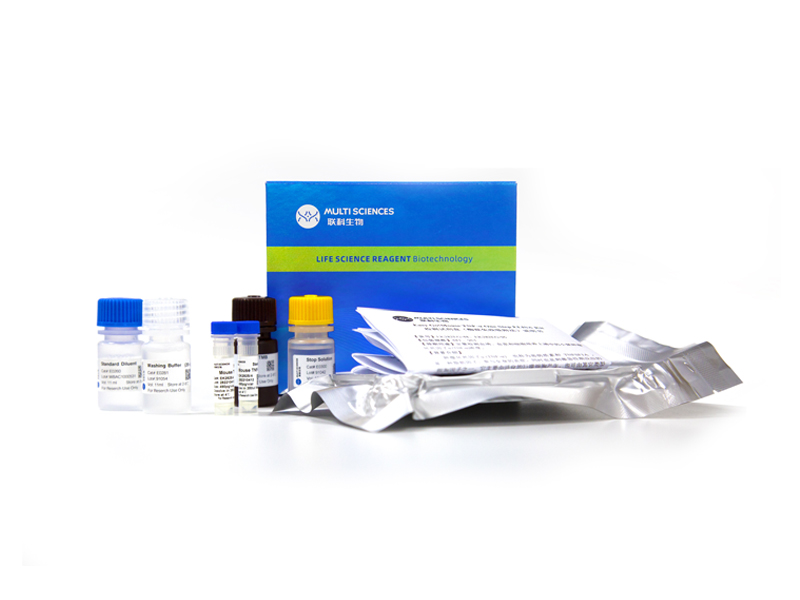Background
Neural cell damage is an important cause of exacerbation of depression symptoms caused by hypoxia, but the mechanism behind it is still unclear. The purpose of this study is to elucidate the role of peroxisome proliferator-activated receptor gamma coactivator 1-alpha (PGC1α)/mitofusin-2 (MFN2) signaling axis in the development of depression in mice under hypoxia.
Methods
Male Institute of Cancer Research mice (age, 6 weeks) were assigned to the normal group, chronic unpredictable mild stress group (CUMS group), or CUMS + hyper-hypoxia group (CUMS + H group). Mice in the CUMS and CUMS + H groups were exposed to CUMS for 28 days. Additionally, mice in the CUMS + H group were exposed to acute hyper-hypoxia from Day 21 for 7 days. After a total of 28 days, behavioral experiments were conducted. All mice were anesthetized and sacrificed. Levels of brain tissue interleukin (IL)-6, reactive oxygen species (ROS), adenosine triphosphate (ATP), and serotonin (5-HT) were analyzed.
Results
As compared to the CUMS group, mice in the CUMS + H group had increased IL-6 and ROS levels, but lower open-field activity, preference for sucrose, hippocampal neuronal membrane potential, ATP, and 5-HT levels, as well as MFN2 and PGC1α levels.
Conclusions
Acute hyper-hypoxia plays an important role in the development of depression via the IL-6/PGC1α/MFN2 signaling pathway.
文章引用产品列表
-
- EK206EGA 56 Citations
- 一步法ELISA试剂盒
EasyGo!™ Mouse IL-6 One-Step ELISA Kit 检测试剂盒(酶联免疫吸附法)
- ¥2,190.00 – ¥3,650.00
-
- EK206 1296 Citations
- ELISA试剂盒
Mouse IL-6 ELISA Kit检测试剂盒(酶联免疫吸附法)
- ¥1,600.00 – ¥10,800.00
-
- EK206HS 1080 Citations
- 高敏试剂盒
Mouse IL-6 High Sensitivity ELISA Kit检测试剂盒(酶联免疫吸附法)
- ¥2,000.00 – ¥3,400.00





